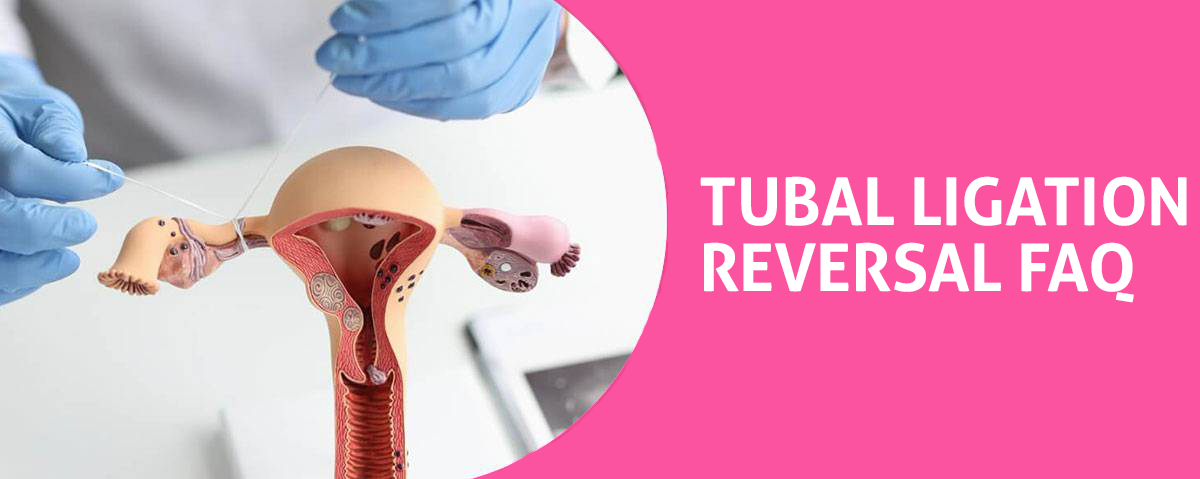Can You Get Tubal Ligation When You Are 21?
Imagine being 21 and sure you don’t want kids. Ever. You’re considering tubal ligation, a permanent form of birth control. But is it even an option at your age? Let’s delve into the legalities, medical considerations, and alternatives. You’ll be armed with knowledge, empowering you to make the best decision for your life.
Legal Age for Tubal Ligation
After gaining a comprehensive understanding of tubal ligation, it’s vital for you to consider the legal aspects, specifically the legal age for this procedure. Age restrictions and legal implications vary worldwide. In the US, there’s no specific legal age for tubal ligation. However, many physicians are hesitant to perform the procedure on women under 21 due to potential future regret and ethical considerations. In certain situations, if you’re under 21 but over 18, you may be required to undergo counseling and provide informed consent. It’s also worth noting that some states impose a mandatory waiting period between the time of consent and the procedure. Remember, it’s crucial to discuss your options with a healthcare professional to understand all legal implications.
Medical Considerations at 21
At 21, you’ll need to consider several medical factors before deciding on tubal ligation. The primary health risks include potential surgical complications like bleeding, infection, or adverse reactions to anesthesia. In rare instances, damage to nearby organs can occur. A major concern is the permanence of the procedure. While reversal is possible, it’s not always successful, leading to potential fertility concerns. You’re still young, and your desire to have children may change. Furthermore, the procedure doesn’t protect against sexually transmitted infections. It’s also worth mentioning that some studies suggest a possible increased risk of certain types of ovarian cancer post-ligation. A thorough discussion with your healthcare provider is crucial to understand these risks and make an informed decision.
Alternatives to Tubal Ligation
So, if you’re not entirely sure about undergoing a tubal ligation at 21, what are your other options? You can consider non-surgical sterilization or hormonal methods. Non-surgical sterilization, like the Essure procedure, involves the placement of small coils into the fallopian tubes. Over time, scar tissue forms around these coils, blocking the tubes. This method is less invasive than tubal ligation but is still considered permanent.
Hormonal methods, on the other hand, are reversible. These include birth control pills, patches, injections, and intrauterine devices (IUDs). They work by altering your body’s hormone levels to prevent ovulation. Remember, it’s essential to discuss these options thoroughly with your healthcare provider to determine the best fit for your lifestyle and health needs.
Other Popular Questions About Tubal Ligation Reversal:
How Dangerous Is Tubal Ligation?
How Common Is Weight Gain After Tubal Ligation?
How Common Is Tubal Ligation Failure?
How Common Is Regret After Tubal Ligation?
How Common Is Recanalization After Tubal Ligation?
How Common Is It to Get Pregnant 7 Years After a Tubal Ligation?
How Can You Tell if Your Tubal Ligation Failed?
How Can You Still Have Periods After Tubal Ligation Anatomy?
How Can You Have a Period After Tubal Ligation?
How Can I Tell What Type of Tubal Ligation I Had?
How Can I Reverse Tubal Ligation?
How Can I Prevent Early Menopause After Tubal Ligation?
By using this webiste you agree to Terms and Conditions
